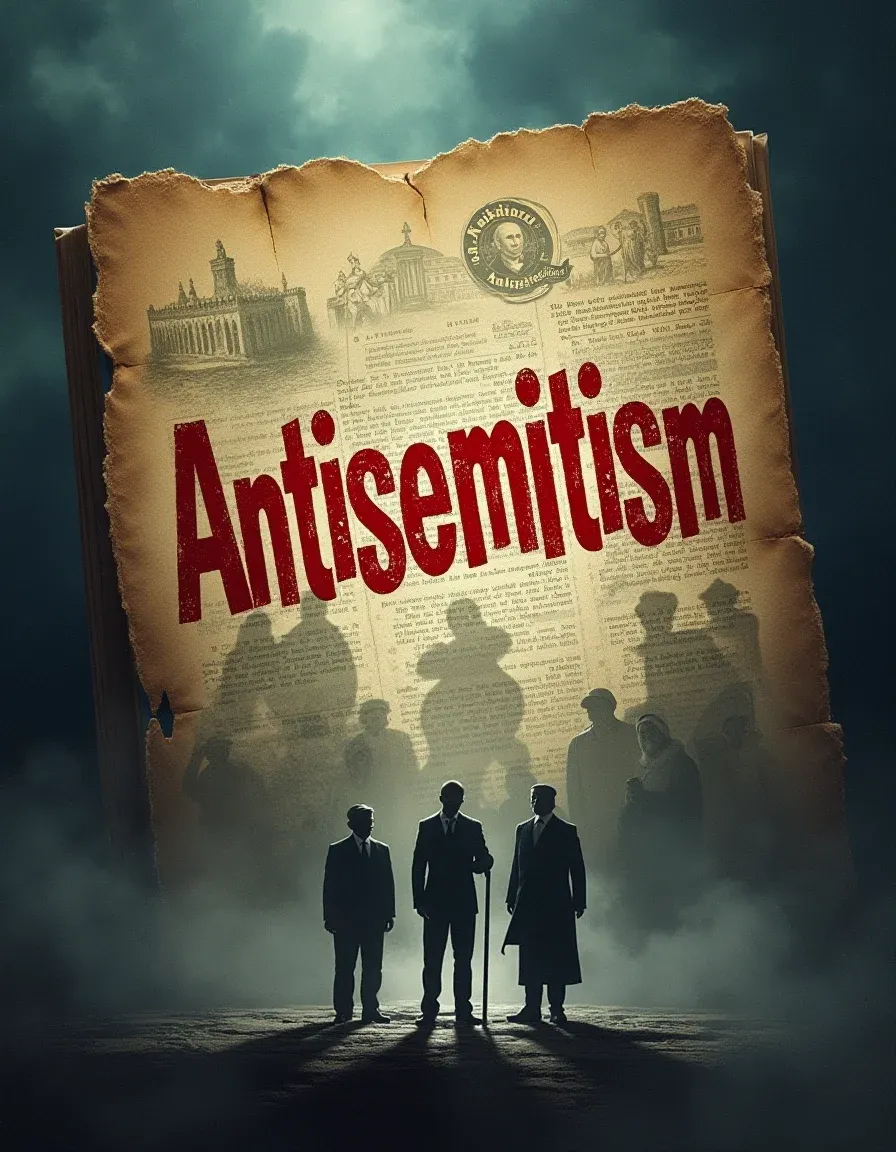Why Do We Use the Term 'Antisemitic'?
Ever wondered why we use the term 'antisemitic'? This article delves into its complex roots and the heavy weight it carries in modern discourse.

Have you ever paused to wonder why we use the term "antisemitic" when we could just say "anti-Jewish"? If you have, you're not alone. It turns out, the history behind this terminology is as complex as it is intriguing.
Where Did the Term Come From?
The word "antisemitism" dates back to the 19th century, coined by some 19th-century individuals who wanted a more scientific-sounding term to justify their prejudices. Essentially, these individuals sought a word that could mask their hostility as a sort of academic or intellectual stance. Meanwhile, the idea of 'Semite' was tied to the linguistics of people who spoke Semitic languages, historically aligned with the descendants of Shem, a Biblical figure.
Sticking Power of Old Words
Over time, like many words, "antisemitic" simply stuck. Much like how we use "peanut" instead of "ground legume" or why "patricide" works better than "daddyslaughter," these terms became part of the vernacular because they were there when we needed a specific, albeit sometimes misrepresentative, way to describe an idea.
Beyond Just Words
This term goes deeper than just language quirks. In many cases, terms like "antisemitic," "homophobic," or "misogynistic" are used to cloak a harsh reality in terminology that appears clinical or intellectual, making it "sound better" than blunt phrases like "I hate...(insert group here)."
Interestingly, some folks suggest it's part of a broader approach where big words can make statements appear more intellectual, even when they carry biases. Our language does a lot to shape how we think — terms like "antisemitic" can sometimes shield or disguise the raw emotive sentiment they carry.
A Look at the Bigger Picture
While the term may have been intended to scientifically justify biases, it has evolved with usage. Nowadays, "antisemitism" is often debated to include various biases beyond just against Jewish people, and it plays into larger conversations about racism and xenophobia. So why don’t we just say "anti-Jewish"? Because language is fluid, historical, and sometimes... quite sticky.
For more about the history and background of antisemitism, you can explore further on Wikipedia.
In the end, understanding the words we use to describe hatred is one step towards addressing it.




